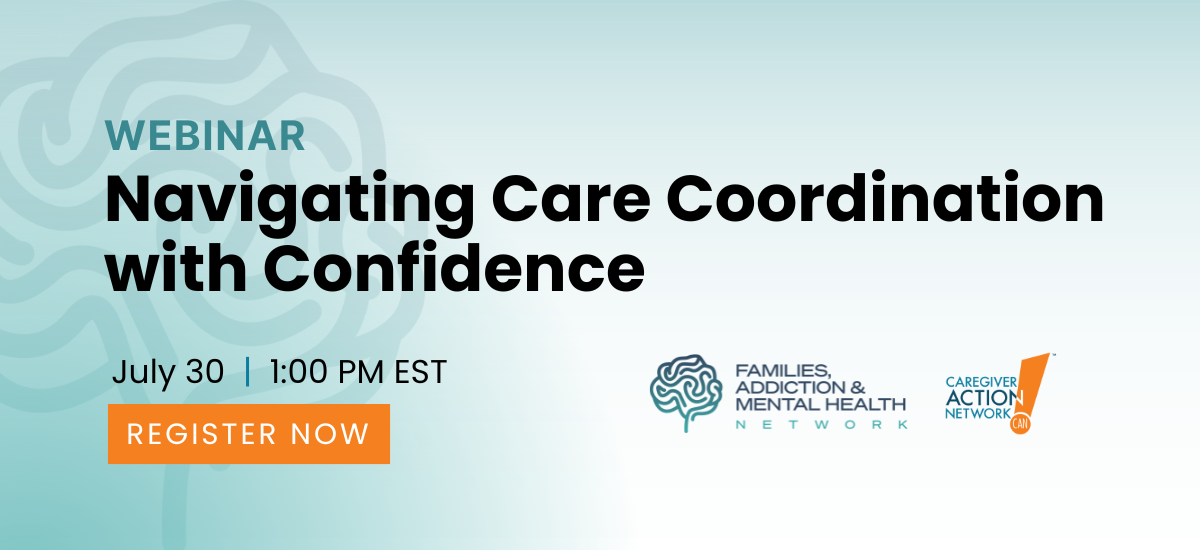Diane Africk introduces herself and her husband who has COPD.
Diane Africk:
My name is Diane Africk. I take care of my husband, Richard Africk. And he has COPD.
There are several things that I’ve had to take over since he’s been diagnosed. The first and the most devastating one for Richard was…I had to drive. I had to do all the driving for us. I have to do all the shopping myself. He used to go shopping with me, and we would both, uh, pick out things, whatever we wanted. I have to do that myself now. It makes it difficult. I have to bring the groceries up. It’s more physical too. Not only is it different mentally but it’s physically more taxing.
I’ve always been the kind of person who does things myself for myself. And with the progression of his COPD, I have found that I have to have some help. So I did get a caregiver for a few hours a day, just as a relief. I still feel totally responsible for him. Ah, he’s my husband of 61 years.
The one that I’ve also found very helpful is the V.A. V.A. offers caregivers for – depending on the situation, how much care the person needs.
And that is amazing. There’s no charge for that. And it’s absolutely amazing that you can have somebody to go grocery shopping, to get your hair done, to, to do whatever you need to do, to go to your own doctor appointments. For years I was taking him with me to my doctor appointments, because I didn’t want to leave him home alone. I don’t have to do that. So that is the best resource of anyone who’s been a veteran, to definitely call the V.A.
As a caregiver, I’m not surprised at many things that I do. Because it’s my nature. The one thing I did realize is that whatever I’m going through is worse for him. It’s worse for many people. So I can do this. I have to do this. My only other solution is to give up. And I don’t give up. Well, I prioritize. And whatever need is the most urgent gets taken care of first. This is how I am able to take care of his needs and my needs. And I think this is important because I don’t want to completely neglect my own needs.
I don’t know that you always know what’s ahead in COPD. So as much as you want to be prepared, the best thing I could say is, realize that at some time things are going to change, and be flexible.
I don’t blame him for anything. He is, believe me, suffering more than I suffer. And it’s his positive attitude that keeps me going. He always has a smile.





